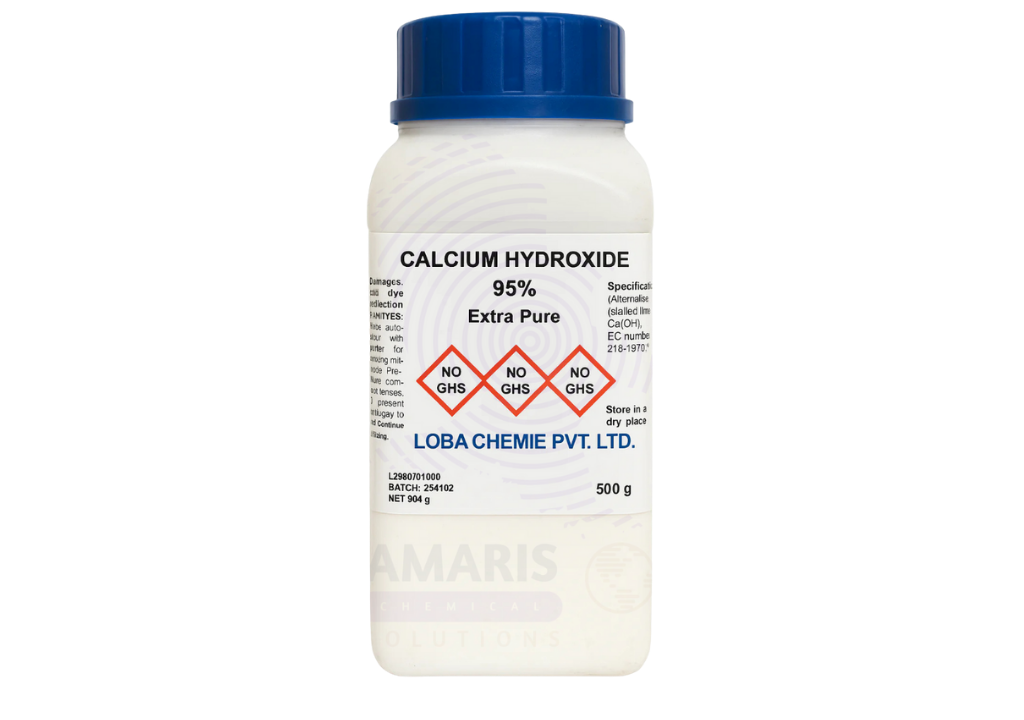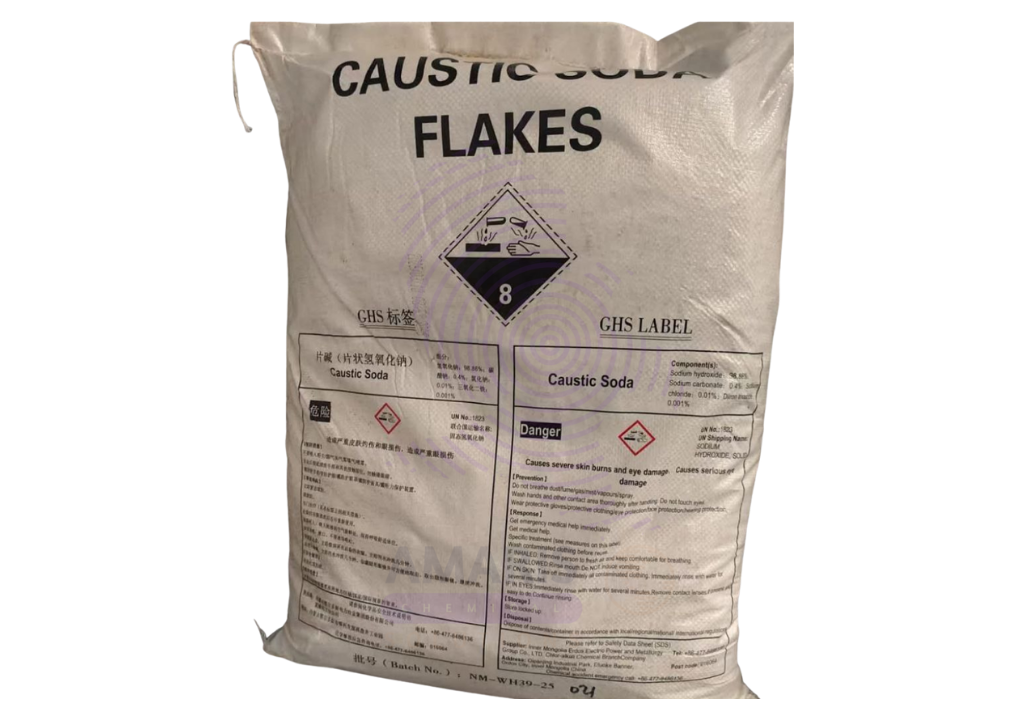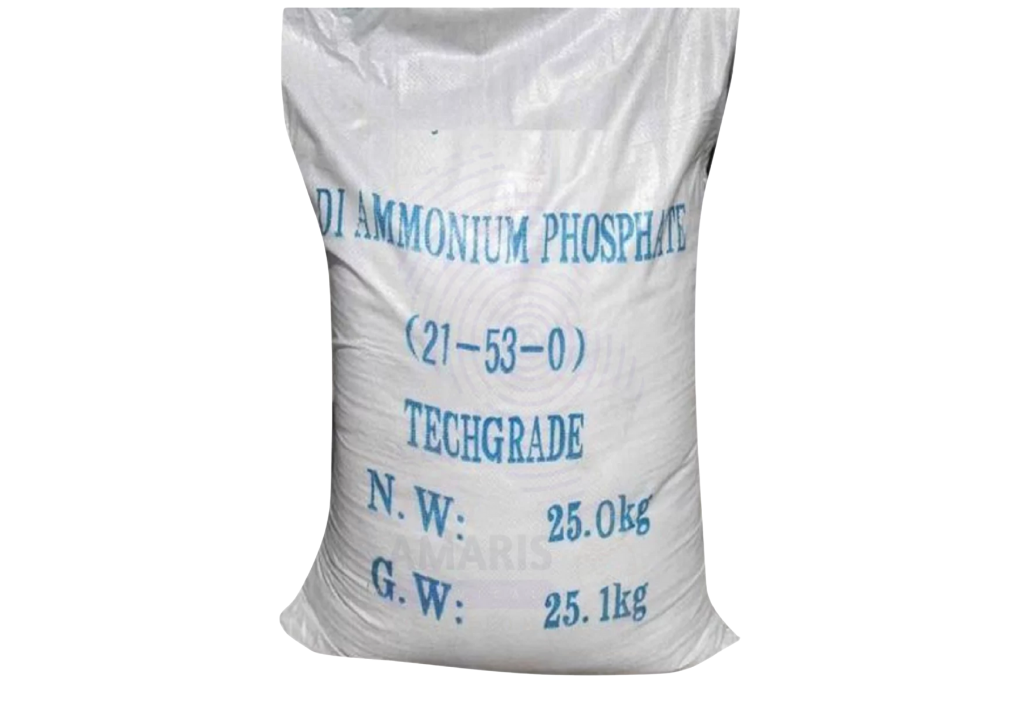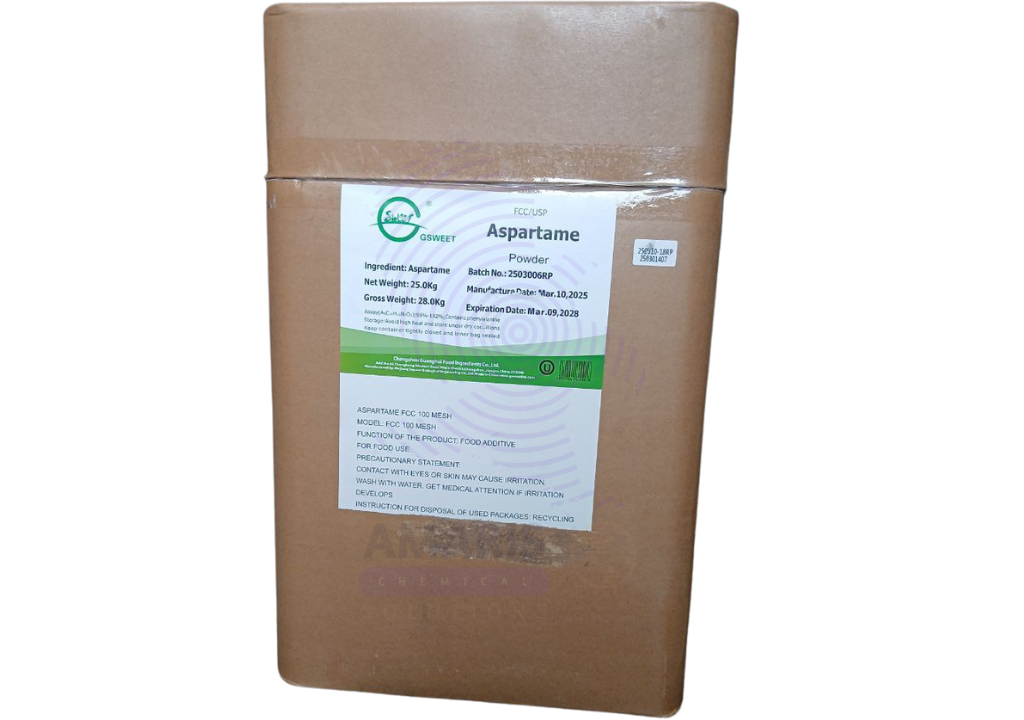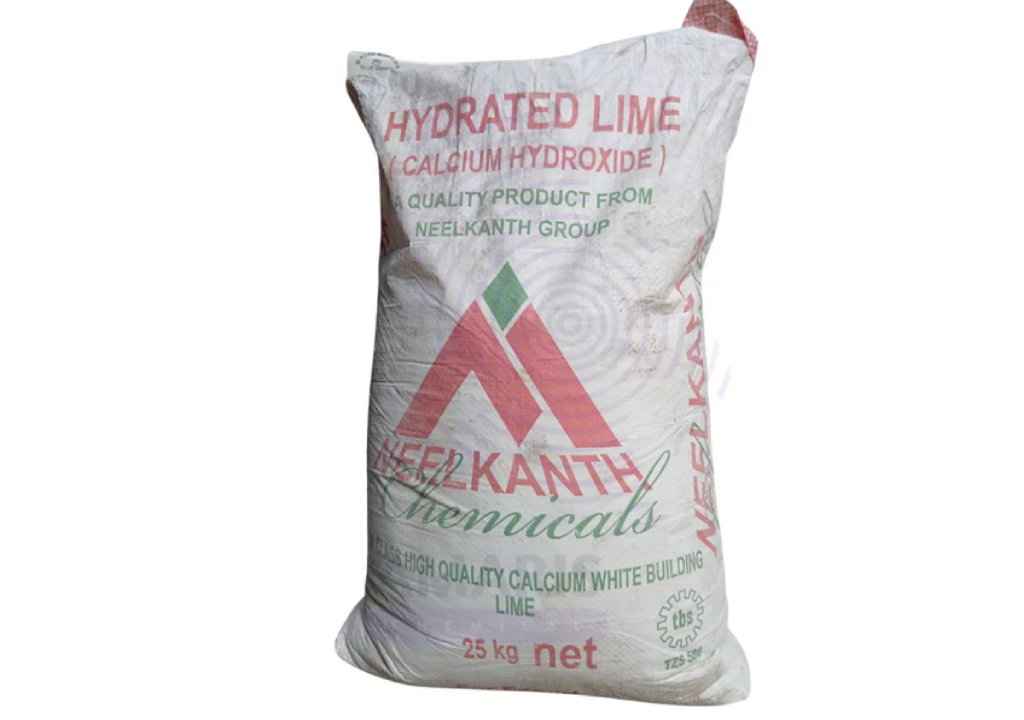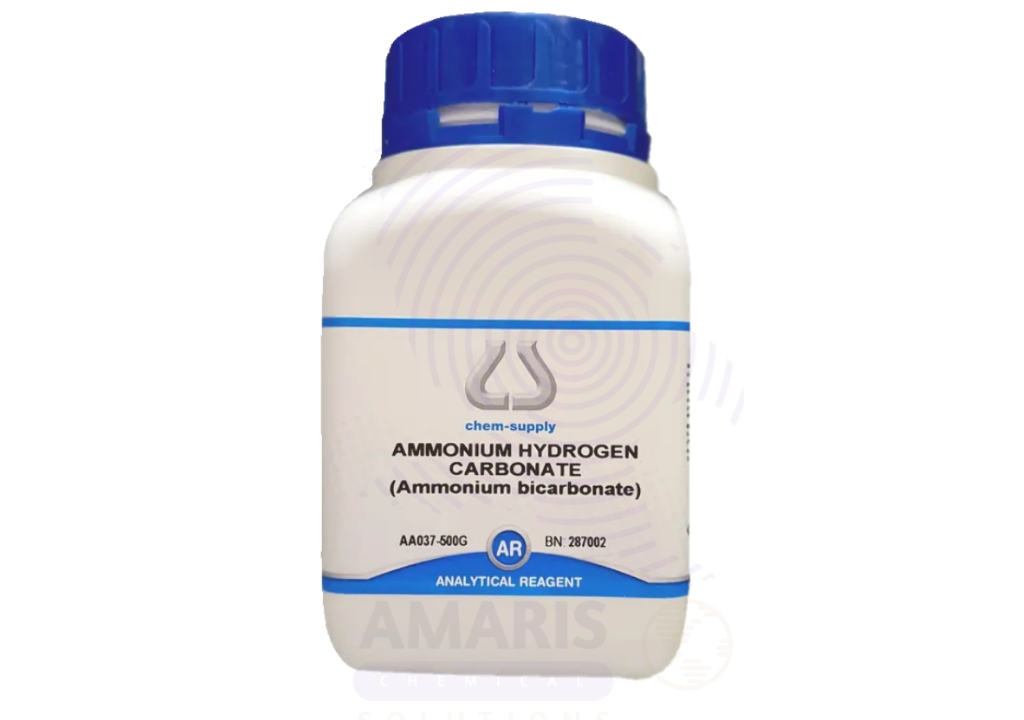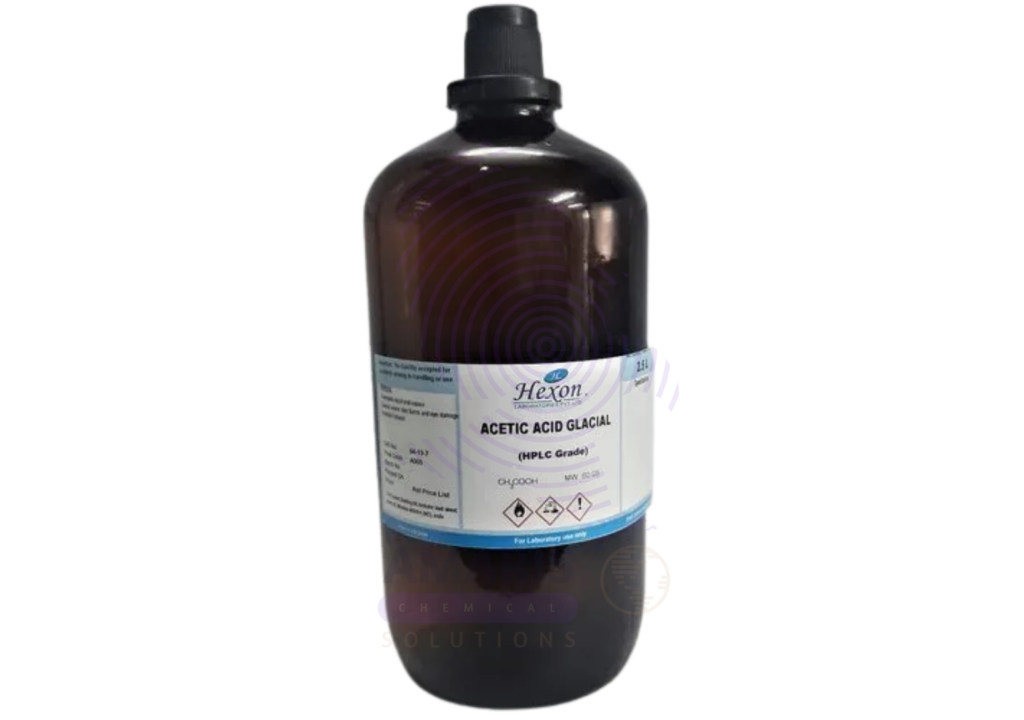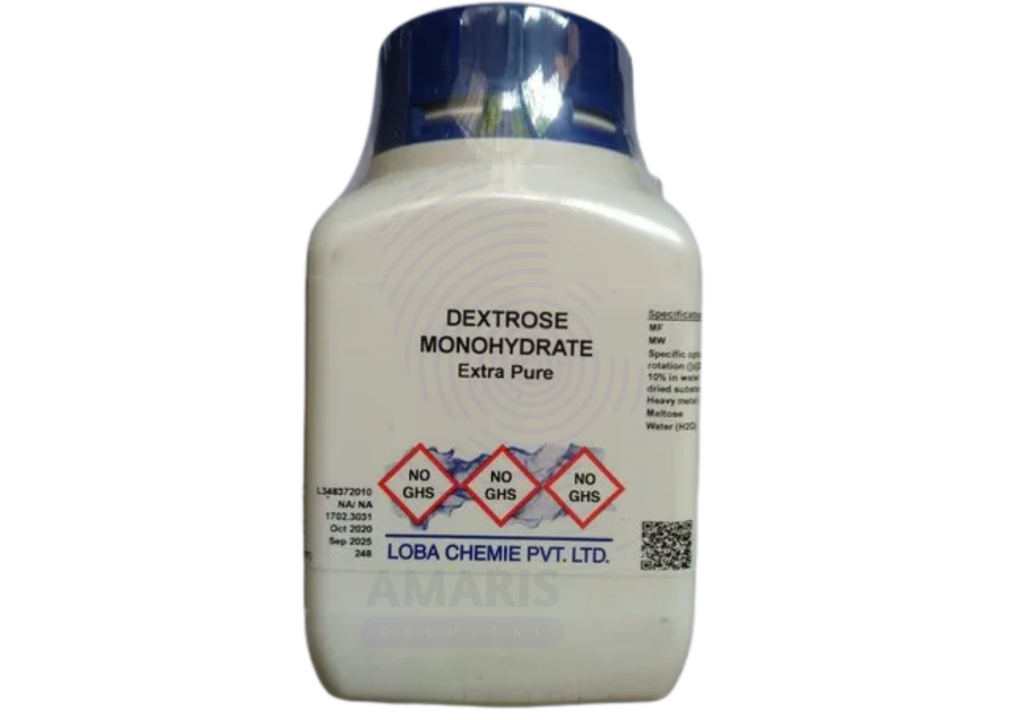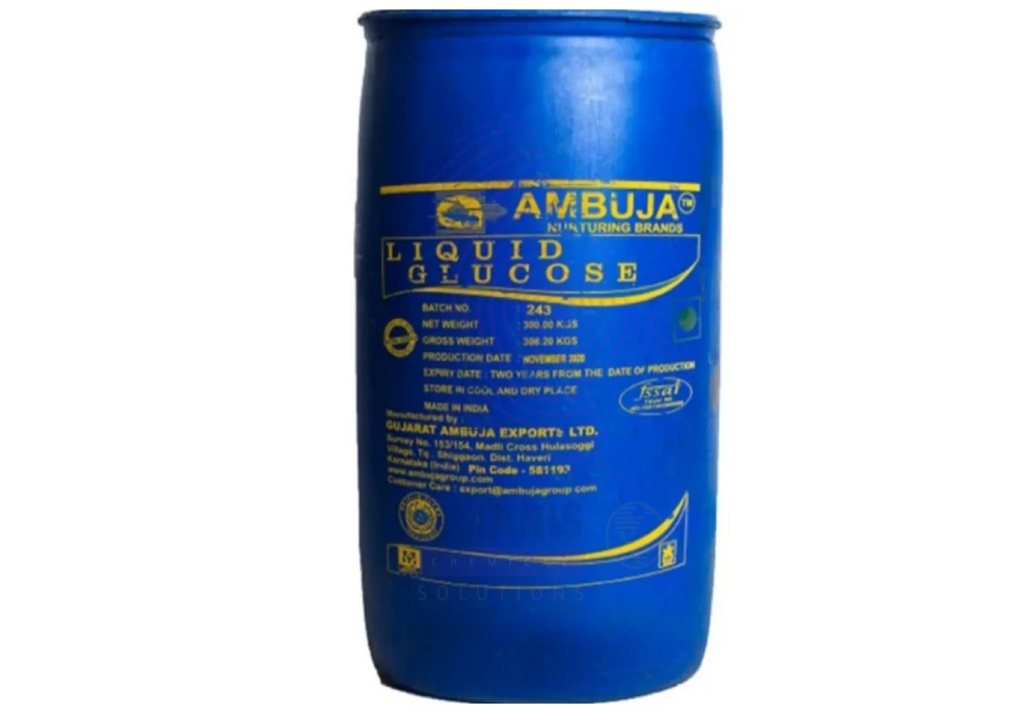🧪 Calcium Chloride Dihydrate: The Reliable Multi-Industry Performer for Moisture Control, Cooling, and Stabilization

Calcium Chloride Dihydrate (CaCl₂·2H₂O) is a versatile inorganic compound prized for its moisture absorption, cooling, and stabilizing properties. It appears as a white crystalline solid that’s highly soluble in water and releases heat upon dissolution — a trait that makes it invaluable across industrial, laboratory, and commercial processes.
⚙️ Chemical Overview
- Chemical Name: Calcium Chloride Dihydrate
- Chemical Formula: CaCl₂·2H₂O
- Molecular Weight: 147.02 g/mol
- Appearance: White, odorless crystals or granules
- Solubility: Highly soluble in water, alcohol, and acetone
- Nature: Hygroscopic (readily absorbs moisture)
Calcium Chloride Dihydrate’s controlled hydration level gives it stability, making it ideal for applications requiring consistent performance and easy handling.
🧊 1. Cooling and Refrigeration Applications
One of its key uses lies in brine solutions for industrial refrigeration systems.
- Acts as a heat transfer fluid in chillers and ice plants.
- Helps maintain low temperatures in cold storage and food preservation.
- Used in ice-making processes due to its strong freezing point depression ability.
Its efficiency and non-corrosive nature make it a dependable choice for controlled cooling environments.
🌬️ 2. Moisture Control and Desiccation
Due to its hygroscopic properties, Calcium Chloride Dihydrate is an effective desiccant used in:
- Moisture control packs for packaging and shipping.
- Storage areas to prevent dampness and mold growth.
- Air dehumidifiers and drying applications in laboratories and industrial facilities.
It helps protect moisture-sensitive products such as electronics, powders, and food items from degradation.
🧱 3. Construction and Concrete Additive
In the construction industry, Calcium Chloride Dihydrate acts as a concrete accelerator that:
- Reduces setting time of cement, especially in cold weather.
- Improves early strength development.
- Enhances durability and workability of concrete.
Its controlled hydration allows for better blending and consistent results in cement mixes.
💧 4. Water Treatment and Process Industries
In water treatment, Calcium Chloride Dihydrate serves as a:
- Calcium source to adjust water hardness.
- pH stabilizer for industrial and municipal systems.
- Dehumidifying agent for gas drying and environmental control systems.
It’s also used in chemical manufacturing, acting as a precursor or catalyst in various formulations.
🧂 5. Food and Beverage Applications (Food Grade)
In its food-grade form, Calcium Chloride Dihydrate is used to:
- Strengthen texture in canned vegetables and fruits 🍑
- Improve curd formation in cheese making 🧀
- Serve as a firming and stabilizing agent in food preservation
- Act as a nutrient supplement in beverages and mineralized water 💧
Its non-toxic nature and GRAS (Generally Recognized As Safe) status make it ideal for food processing and handling.
🌱 6. Agriculture and Soil Conditioning
In agriculture, Calcium Chloride Dihydrate contributes to crop health and soil balance by:
- Providing essential calcium nutrients for plant cell strength.
- Improving soil structure and aeration.
- Enhancing nutrient uptake and water retention in arid soils.
It’s also used for dust control on farm roads and fields. 🚜
⚠️ Handling and Safety
Though relatively safe, it should be handled with care to prevent irritation.
Precautions:
- Wear gloves, goggles, and protective clothing.
- Avoid inhaling dust or vapors.
- Store in a dry, well-ventilated area away from moisture.
- In contact with skin or eyes, rinse immediately with plenty of water.
Calcium Chloride Dihydrate’s strong exothermic reaction with water requires controlled mixing during industrial use.
🏭 Quality You Can Trust
At Amaris Chemical Solutions, we provide high-purity Calcium Chloride Dihydrate suitable for industrial, laboratory, and food-grade applications.
Our product ensures consistency, stability, and performance across diverse uses — from concrete production and water treatment to refrigeration and moisture control.
We deliver solutions that meet global standards for purity, reliability, and sustainability, helping industries achieve better outcomes efficiently. 🌍


 Preservatives(food)
Preservatives(food) Flavor Enhancers
Flavor Enhancers Acidulants
Acidulants Sweeteners
Sweeteners Antioxidants
Antioxidants Colorants(food)
Colorants(food) Nutraceutical Ingredients (food)
Nutraceutical Ingredients (food) Nutrient Supplements
Nutrient Supplements Emulsifiers
Emulsifiers
 Collectors
Collectors Dust Suppressants
Dust Suppressants Explosives and Blasting Agents
Explosives and Blasting Agents Flocculants and Coagulants
Flocculants and Coagulants Frothers
Frothers Leaching Agents
Leaching Agents pH Modifiers
pH Modifiers Precious Metal Extraction Agents
Precious Metal Extraction Agents
 Antioxidants(plastic)
Antioxidants(plastic) Colorants (Pigments, Dyes)
Colorants (Pigments, Dyes) Fillers and Reinforcements
Fillers and Reinforcements Flame Retardants
Flame Retardants Monomers
Monomers Plasticizers
Plasticizers Polymerization Initiators
Polymerization Initiators Stabilizers (UV, Heat)
Stabilizers (UV, Heat)
 Antifoaming Agents
Antifoaming Agents Chelating Agents
Chelating Agents Coagulants and Flocculants
Coagulants and Flocculants Corrosion Inhibitors
Corrosion Inhibitors Disinfectants and Biocides
Disinfectants and Biocides Oxidizing Agents
Oxidizing Agents pH Adjusters
pH Adjusters Scale Inhibitors( water)
Scale Inhibitors( water)
 Antioxidants(cosmetic)
Antioxidants(cosmetic) Emollients
Emollients Fragrances and Essential Oils
Fragrances and Essential Oils Humectants
Humectants Preservatives
Preservatives Surfactants(cosmetic)
Surfactants(cosmetic) Thickeners
Thickeners UV Filters
UV Filters
 Fertilizers
Fertilizers Soil Conditioners
Soil Conditioners Plant Growth Regulators
Plant Growth Regulators Animal Feed Additives
Animal Feed Additives Biostimulants
Biostimulants Pesticides (Herbicides, Insecticides, Fungicides)
Pesticides (Herbicides, Insecticides, Fungicides)
 Active Pharmaceutical Ingredients (APIs)
Active Pharmaceutical Ingredients (APIs) Excipients
Excipients Solvents(pharmaceutical)
Solvents(pharmaceutical) Antibiotics
Antibiotics Antiseptics and Disinfectants
Antiseptics and Disinfectants Vaccine Adjuvants
Vaccine Adjuvants Nutraceutical Ingredients (pharmaceutical)
Nutraceutical Ingredients (pharmaceutical) Analgesics & Antipyretics
Analgesics & Antipyretics
 Analytical Reagents
Analytical Reagents Solvents(lab)
Solvents(lab) Chromatography Chemicals
Chromatography Chemicals Spectroscopy Reagents
Spectroscopy Reagents microbiology-and-cell-culture-reagents
microbiology-and-cell-culture-reagents Molecular Biology Reagents
Molecular Biology Reagents Biochemical Reagents
Biochemical Reagents Inorganic and Organic Standards
Inorganic and Organic Standards Laboratory Safety Chemicals
Laboratory Safety Chemicals Specialty Laboratory Chemicals(Special Laboratory Equipment)
Specialty Laboratory Chemicals(Special Laboratory Equipment)
 Demulsifiers
Demulsifiers Hydraulic Fracturing Fluids
Hydraulic Fracturing Fluids Scale Inhibitors(oil)
Scale Inhibitors(oil) Surfactants(oil)
Surfactants(oil) Drilling Fluids
Drilling Fluids
 Dyes and Pigments
Dyes and Pigments Bleaching Agents
Bleaching Agents Softening Agents
Softening Agents Finishing Agents
Finishing Agents Antistatic Agents
Antistatic Agents
 Admixtures
Admixtures Waterproofing Agents
Waterproofing Agents Sealants and Adhesives
Sealants and Adhesives Curing Compounds
Curing Compounds Concrete Repair Chemicals
Concrete Repair Chemicals Anti-Corrosion Coatings
Anti-Corrosion Coatings
 Surfactants(cleaning)
Surfactants(cleaning) Builders
Builders Enzymes
Enzymes Solvents (Cleaning)
Solvents (Cleaning) Fragrances
Fragrances
 Electronic Chemicals
Electronic Chemicals Catalysts
Catalysts Lubricants
Lubricants Photographic Chemicals
Photographic Chemicals Refrigerants
Refrigerants Automotive chemicals
Automotive chemicals Pyrotechnic Chemicals
Pyrotechnic Chemicals
 Biodegradable Surfactants
Biodegradable Surfactants Bio-based Solvents
Bio-based Solvents Renewable Polymers
Renewable Polymers Carbon Capture Chemicals
Carbon Capture Chemicals Wastewater Treatment Chemicals
Wastewater Treatment Chemicals
 Pigments
Pigments Solvents(paint)
Solvents(paint) Specialty Coatings
Specialty Coatings Binders/Resins
Binders/Resins Additives
Additives Driers
Driers Anti-Corrosion Agents
Anti-Corrosion Agents Functional Coatings
Functional Coatings Application-Specific Coatings
Application-Specific Coatings
 Fresh Herbs
Fresh Herbs Ground Spices
Ground Spices Whole Spices
Whole Spices Spice Blends
Spice Blends Dried Herbs
Dried Herbs
 Leavening Agents
Leavening Agents Dough Conditioners
Dough Conditioners Flour Treatments
Flour Treatments Fat Replacers
Fat Replacers Decoratives
Decoratives Preservatives(baking)
Preservatives(baking)
 Plasticizers & Softeners
Plasticizers & Softeners Reinforcing Agents
Reinforcing Agents Adhesion Promoters
Adhesion Promoters Vulcanizing Agents
Vulcanizing Agents Antidegradants
Antidegradants Blowing Agents
Blowing Agents Fillers & Extenders
Fillers & Extenders Accelerators & Retarders
Accelerators & Retarders
